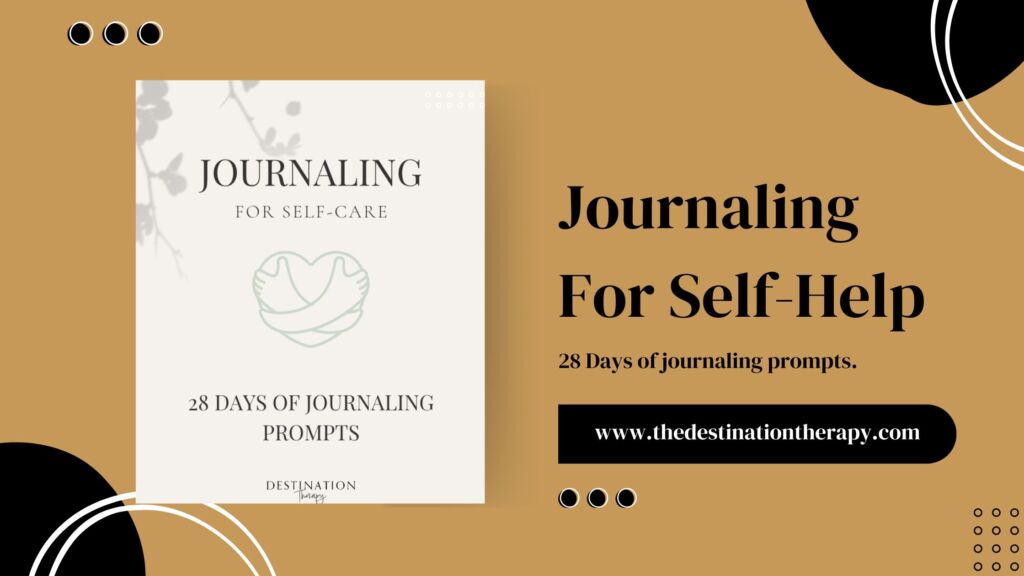In today’s fast-paced world, finding effective stress relief techniques is essential, and meditation offers a powerful solution. This ancient practice goes beyond simple relaxation; it enhances your overall well-being by promoting positive mental health and improving emotional balance. By calming the mind and reducing stress, meditation creates space for increased creativity and a more profound sense of inner peace. This article explores how meditation can be a powerful too for stress relief and overall inner peace.
Table of Contents
Meditation and Mental Health
Research shows that meditation can lead to lower levels of anxiety and depression. Regular practice allows individuals to cultivate a sense of calm and clarity, helping them respond to stress more effectively.
Meditation encourages mindfulness, which assists in recognizing negative thought patterns. This awareness can reduce rumination and promote healthier coping strategies.
Studies indicate that even brief sessions can enhance mood and emotional resilience, contributing to improved mental health outcomes.
Physical and Emotional Benefits
Meditation isn’t just beneficial for the mind; it also enhances physical well-being. By lowering stress levels, it can improve sleep quality and boost immune function.
This practice promotes relaxation, which can reduce tension in the body. Individuals may experience lower blood pressure and heart rate, contributing to overall physical health.
Emotionally, meditation enhances balance by cultivating feelings of compassion and empathy. This can lead to stronger relationships and improved social interactions.
Strengthening Creativity and Focus
Meditation can significantly enhance creativity and focus. By quieting the mind, individuals can tap into deeper levels of thought and inspiration.
Practicing meditation regularly helps sharpen concentration, enabling tasks to be completed more efficiently. This focused mindset allows for better problem-solving and innovation.
Additionally, a tranquil mind fosters the emergence of new ideas, promoting creative thinking. By maintaining a routine, individuals can experience ongoing improvements in these areas.
Developing a Sustained Meditation Practice
Creating a consistent meditation routine can greatly enhance one’s ability to cope with stress. Setting clear intentions and seeking the proper support can make a significant difference in building a lasting practice.
Goal Setting and Progress Tracking
To develop a sustained meditation practice, setting specific goals is essential. These goals can range from committing to a certain number of minutes each day to progressively increasing meditation difficulty. For instance, one might start with five minutes of guided meditation and gradually extend this to 20 minutes of mindfulness practice.
Tracking progress can help reinforce commitment. Using a meditation journal allows individuals to note feelings, insights, and durations. Apps can also help remind them of sessions, maintaining accountability. Celebrating small achievements encourages perseverance, fostering personal growth and spiritual wellness.
Seeking Guidance
For those starting their meditation journey, seeking guidance can provide invaluable support. Options include joining meditation classes, participating in workshops, or following online guided meditation videos. These resources can help individuals gain deeper insights into techniques such as breath awareness or body scans.
Finding a meditation community can enhance motivation. Sharing experiences with others cultivate accountability and empathy. Furthermore, some may find personal instruction from a coach or mentor beneficial, offering tailored suggestions for practicing Zen and overcoming obstacles.
Celebrating Milestones and Successes
Recognizing milestones within the meditation journey is vital for maintaining momentum. Celebrations can be as simple as acknowledging consistent practice over a week or reflecting on an emotional breakthrough during a session.
Creating a reward system can further enhance motivation. For example, treating oneself to a favorite activity or relaxation time after a month of consistent practice promotes a positive outlook. This focus on success contributes to spiritual wellness and encourages further personal growth, solidifying meditation as a cherished habit.
Incorporating physical postures, breathing exercises, and meditation can enhance flexibility, strength, and tranquility. Both approaches foster a harmonious connection between body and mind. Research indicates they may lower stress hormones and benefit mental well-being. Incorporating these practices consistently could reduce physical stress symptoms, encouraging a state of calmness and resilience against stressors. Individuals may also explore tai chi and guided imagery for further relaxation.

We are here to help
Imagine a life with less stress, more joy, and deeper connections. At Destination Therapy, we help you overcome challenges like perfectionism, trauma, and anxiety. Our experienced therapists provide personalized support to guide you on your journey to healing and well-being.
If you’re ready to explore therapy, we offer a free 15-minute consultation call to discuss your needs and see if couple therapy is right for you.


